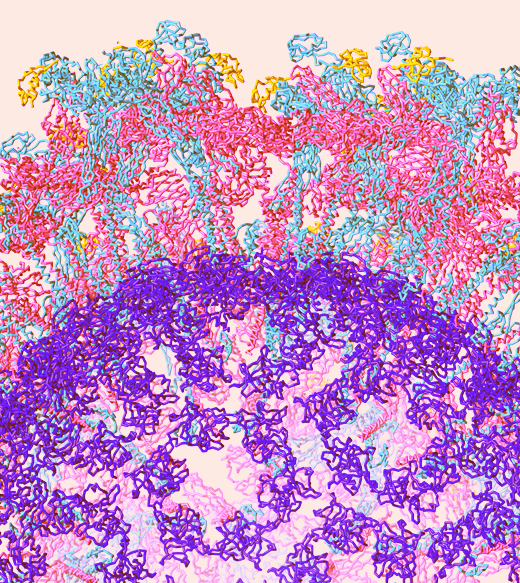Nanotech hub has big plans
 A new research collaboration has been launched to develop the next generation of sensitive, portable disease and drugs tests.
A new research collaboration has been launched to develop the next generation of sensitive, portable disease and drugs tests.
The multi-million dollar IDEAL research hub aims to advance the development of cheap, portable, user-friendly analytical devices to detect biological and chemical molecules at low levels.
The IDEAL or Integrated Device for End-User Analysis at Low Levels research hub is an Australian Research Council-funded collaboration between the University of
Technology Sydney (UTS), the University of South Australia (UniSA) and four industry partners.
“Already we have developed the technology to make exciting ‘needle in a haystack’ discoveries – to find a single cell and trace amount of a disease marker in a sample of blood or in a urine specimen,” said the centre’s director, UTS physicist Professor Dayong Jin.
“Our innovative team of researchers, experts in physics, engineering and biology, are working on the next steps, tailoring our platform technologies, integrating them and aligning them with our industry partners’ needs.
“If an over-the-counter testing kit can confirm pregnancy in a matter of moments, why not do the same with cancer, or with performance-enhancing drugs, or a toxin like botulism? That’s our goal – to create the next generation of medical tests that are simple and easy to use.”
IDEAL deputy director Professor Emily Hilder says hub has the potential to develop and deliver world-beating technology for a global market.
“What is fantastic about this new research hub is that it is harnessing the skills of some of the very best researchers in Australia across a range of disciplines in science and engineering to deliver advanced diagnostic solutions for a wide range of uses,” Professor Hilder said.
“It proves the value of national partnerships between universities, industry and end-users in delivering new technologies and new business opportunities that Australia can take to the world.”
The hub’s initial projects include;
- Alcolizer – development of a fast and inexpensive test able to detect illicit drugs at a minuscule level in the bloodstream for roadside testing of drivers
- Minomic – development of a non-invasive and accurate microfluidics tool to detect prostate cancer, addressing the problem of false positives that occur with existing testing
- Preg Tech and Surgical Diagnostics – development of a biosensor to detect ovulation in dairy cows








 Print
Print